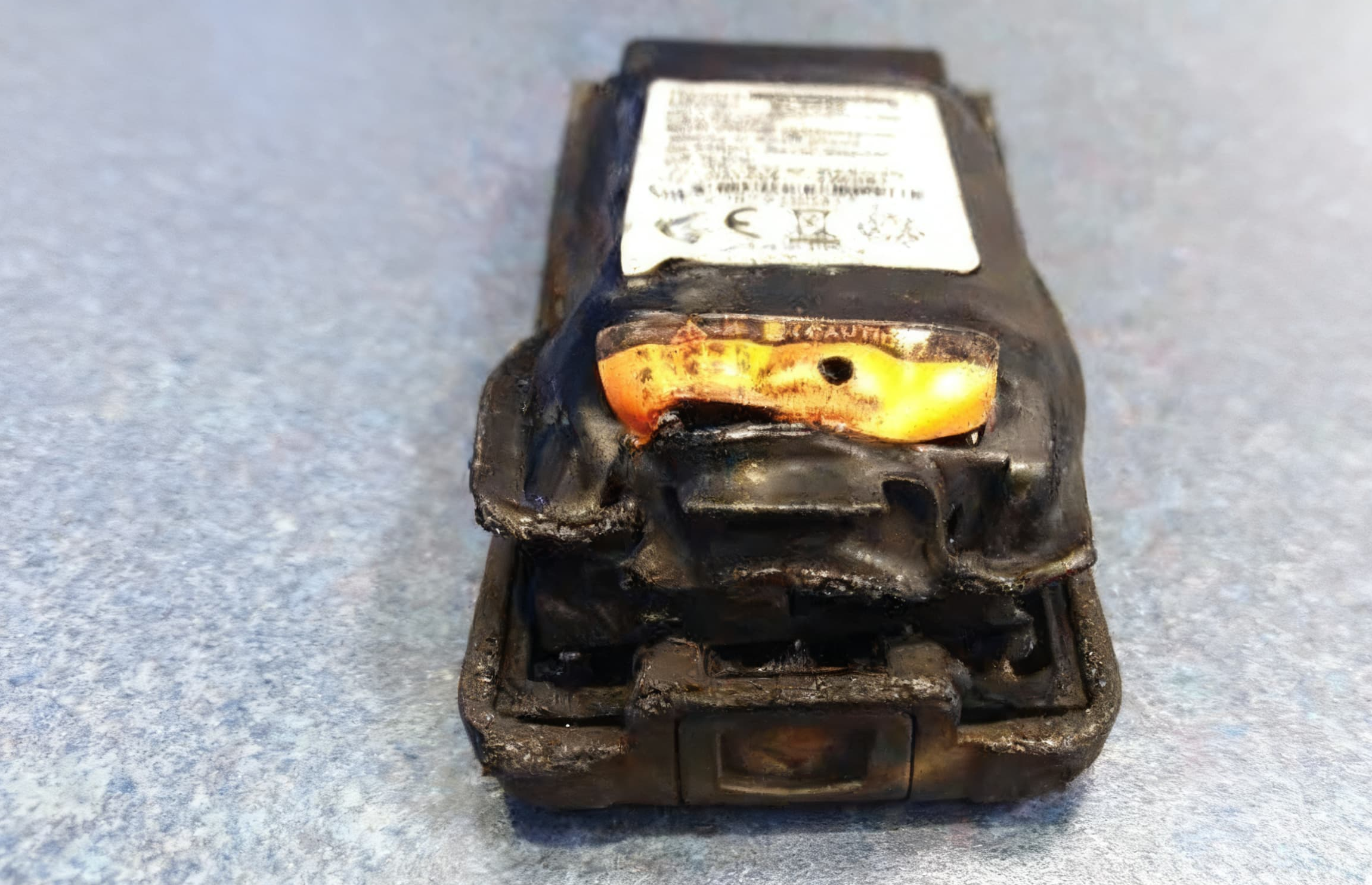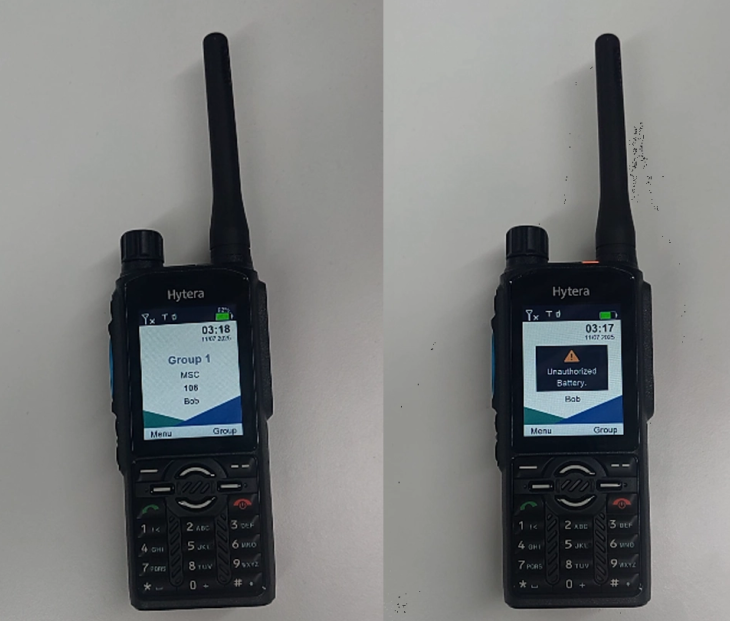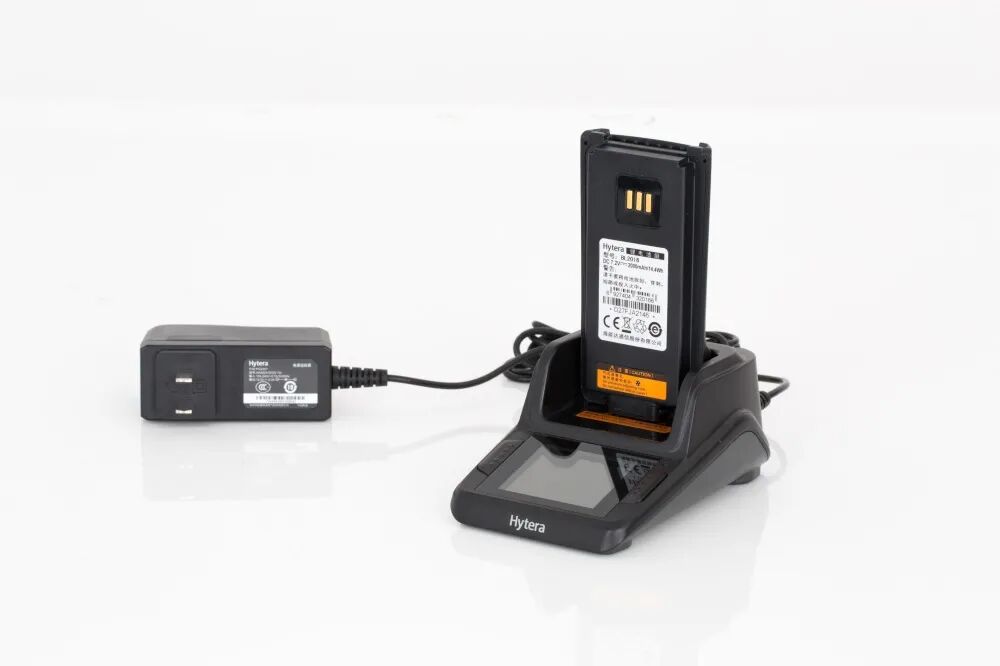Can Walkie Talkies Really Explode? The Truth About Battery Safety
Walkie Talkies
Have you ever heard about the pager and walkie talkie explosions in Lebanon in 2024? Many people feel so scared after that when using walkie talkies. A big question is can a walkie-talkie actually explode?
The short answer is yes, but it's extremely rare.

Almost every incident comes down to one thing: the battery. It's usually not the walkie-talkie itself. Think of it like an electric car catching fire, the issue is almost always with the battery, not the design of the device.Today, we are going to talk about walkie talkie explosion and battery basics. In this blog, we're going to cover:
●Lebanon Walkie Talkie explosions
●What Types of Batteries Do Walkie Talkies Use
●How to Stay Safe While Using a Walkie-Talkie Daily
●Common Questions
Lebanon Walkie Talkie Explosion Case
Walkie-talkie explosions are extremely rare, but one global headline of Lebanon walkie talkie explosion in 2024 did make people worry. In Lebanon, thousands of pagers and hundreds of walkie-talkies went off at the same time, causing tragic losses — 42 deaths and about 4,000 injuries.
So what happened?
Investigators found that the lithium-ion batteries inside the devices had been intentionally hidden about 3 grams (0.11 oz) of PETN explosive material.
In short — it was sabotage, not an accident, and definitely not something regular users would ever face.
Even though this was an extreme case, it grabbed the world's attention. It also reminds us why it's important to understand basic walkie-talkie safety and battery knowledge.
What Types of Batteries Do Walkie-Talkies Use?
Walkie-talkies mainly use two types of batteries, and knowing the difference helps you stay safe.
Lithium-Ion Batteries (The Modern Choice)
Most walkie-talkies today use lithium-ion batteries. They're lightweight, powerful, and last a long time on one charge.
They're the same type of battery you find in smartphones and wireless earbuds.
They're very safe when used correctly, but they can become dangerous if they're badly damaged, overheated, or charged with fake or low-quality chargers.
Nickel-Metal Hydride Batteries (The Older Style)
These used to be common but are less popular now. They're stable and safe, but they're heavier, store less power, and lose charge faster when sitting unused.
As for batteries design in walkie talkies, there are external and Internal batteries.
Removable External Battery
It works like a snap-on battery pack. You can take it off and carry a spare — perfect for long trips or outdoor use.
Internal Battery
It is built inside the radio, like a tablet. You charge the whole device without removing anything. They have better sealing,making it better in waterproof, dustproof, shockproof.But if the batteries are not working well, we had to change the whole walkie talkie.
How to Stay Safe While Using a Walkie-Talkie Daily
Here's the part everyone wants: how to use your walkie-talkie safely. It's super easy. These simple habits drop your risk to nearly zero.
● Use official batteries and chargers
Fake or cheap batteries often skip safety features. Most real incidents start with unofficial accessories. Always use the original charger that matches the battery. Using an incompatible charger may result in incomplete charging or overcharging, which can shorten battery life and increase safety risks. Non-original chargers may have substandard electrical performance, potentially damaging the battery or even causing it to explode.
Take hytera walkie talkies as an example, if you have inserted the official battery, you will successfully run the walkie talkie. However, if it is installed with non-official batteries, there will be with the error sign of "Unauthorized battery" and stops you from using with it.

● Check your device regularly
If the battery looks swollen, cracked, dented, leaking, or oddly shaped—stop using it immediately. Some batteries might even expire within 18–24 months, so remember to replace them before it becomes unstable. Also, if you use them properly, you will also extend the battery life.
● Avoid high heat, store in a cool, dry, and well-ventilated place
Don't leave radios in hot cars, next to engines, or in direct sunlight for hours. Heat destroys lithium batteries fast. High temperatures can cause the battery to overheat, increasing the probability of short circuits and explosions. A humid environment will accelerate corrosion of the battery anode, raise internal resistance, affect battery performance, and may even make the battery unusable.
● Don't drop or crush your radio repeatedly
They're tough, but not unbreakable. Heavy impacts can damage the battery internally.
● Don't do DIY repairs
Opening a battery or poking around the internal components may cause a short circuit.
● Follow normal charging habits
Use good plugs and avoid charging overnight in outlets that don't look safe. Let it breathe and never cover the device while it's charging, as it needs to stay cool. Don't stack devices on top of each other, because they can get too hot.

Other Common Questions
Why do modern walkie-talkies almost never explode?
Modern radios have special circuits that act like guards, stopping electrical problems before they start. They're also made with fire-resistant materials and go through strict quality testing. This is why explosions are much rare
How should I carry my walkie-talkie battery at the airport?
Play it safe! When you're at the airport, it's a good idea to remove the external battery from your radio. Pack the battery by itself in your bag to prevent its metal touch from accidentally touching keys, or other metal objects and causing a short circuit.
Do walkie-talkie batteries get old like phone batteries?
Yes, they do. Over time and after many charges, they won't hold a charge as long as they used to. If you notice your battery is dying much faster than before, it's probably just getting old and needs to be replaced.
Is it safe to use a walkie-talkie in the rain?
It depends on its "water score" (its IP rating). A high score means it can handle heavy rain. A low or no score means you should keep it as dry as your phone. Always check the manual to see how waterproof your specific model is.
How can I tell if a battery is a fake?
To determine if a walkie talkie battery is fake, we could check the spelling errors, incorrect logos, a missing or obviously fake brand sticker, or poor physical quality like scratches, burn marks, or rust spots. Authentic batteries will typically feel heavier and have proper certification marks and quality packaging, while fakes are often lighter, may lack these certifications, and will likely have a shorter lifespan and poorer performance under load due to inferior components.
What should I do if my battery swells up or gets very hot?
Act quickly and safely! Stop using the radio and remove the battery.
Place it on a non-flammable surface like the floor or a countertop, away from anything that can burn. Never try to charge it or poke a hole in it. Recycle it properly as soon as you can. A swollen battery is a warning sign.
In a conclusion, walkie-talkie explosions almost never happen—and when they do, it's usually due to extreme damage, fake components, dangerous heat, or intentional sabotage.
Use proper batteries, handle your device with reasonable care, avoid dangerous temperatures, and listen to the warning signs your battery gives you.
As long as you keep in mind of those tips, your walkie-talkie is a reliable communication tool built with multiple safety layers, designed to keep you connected and stay safe, even in tough environments.






